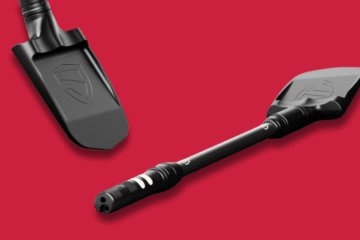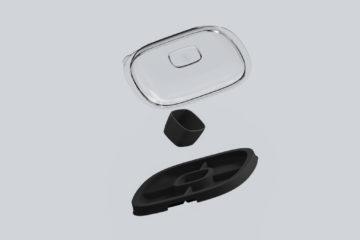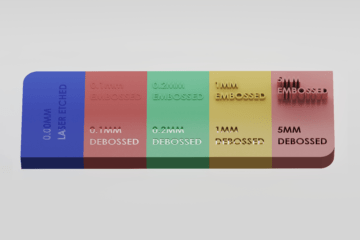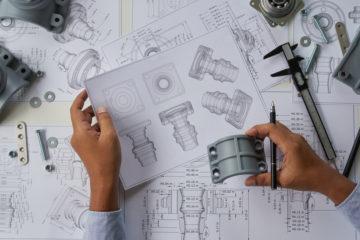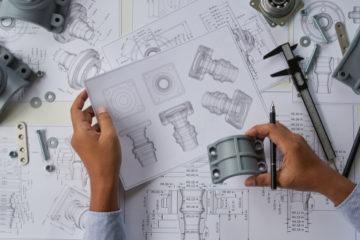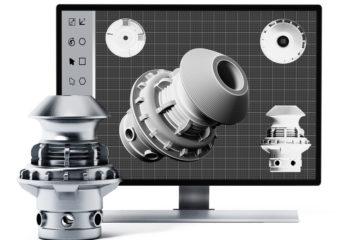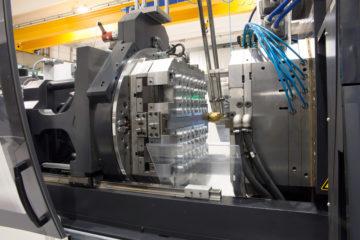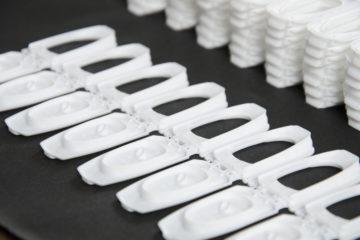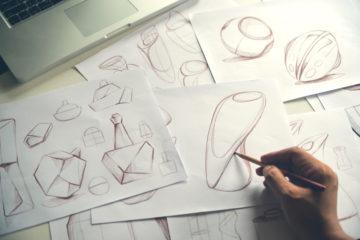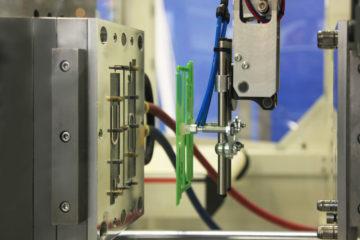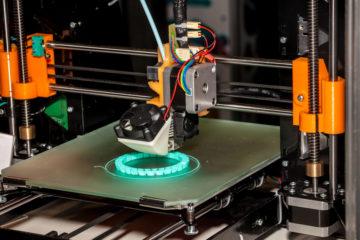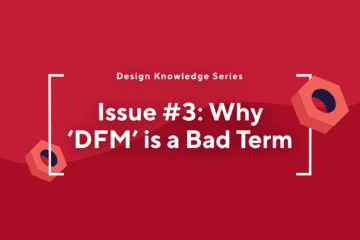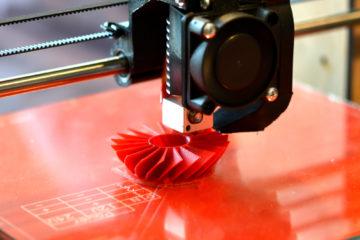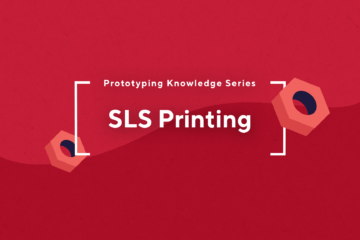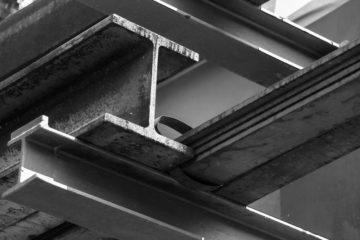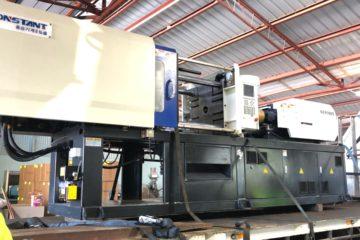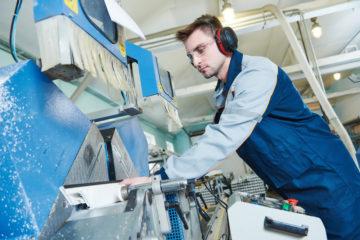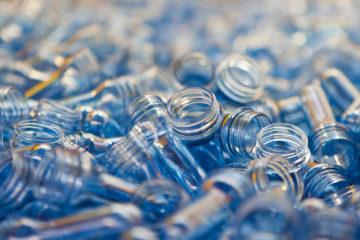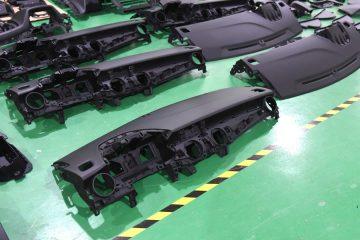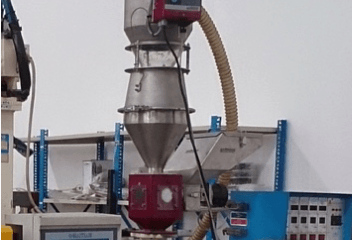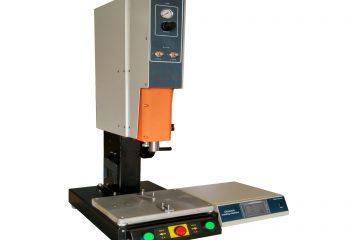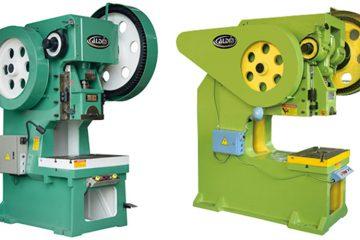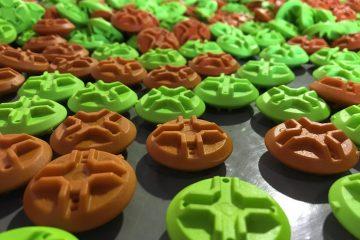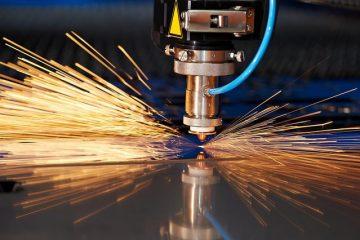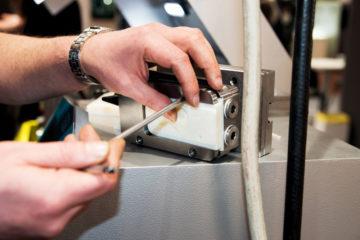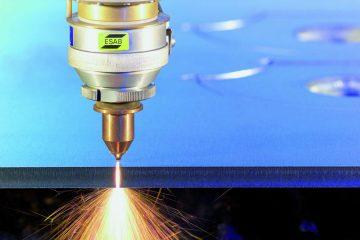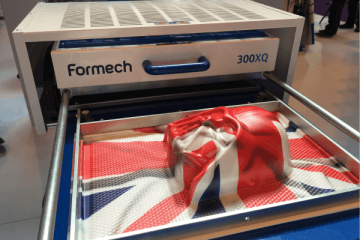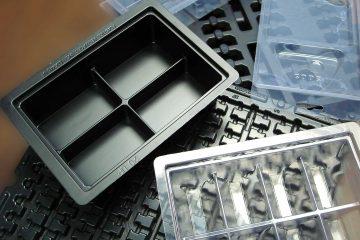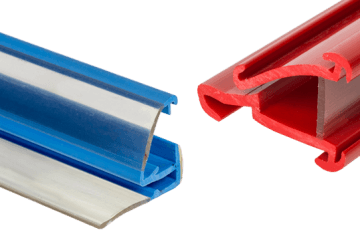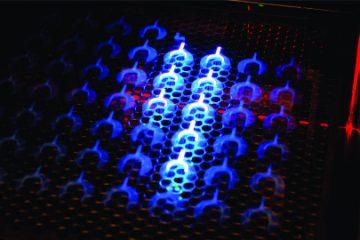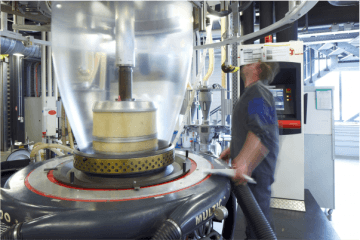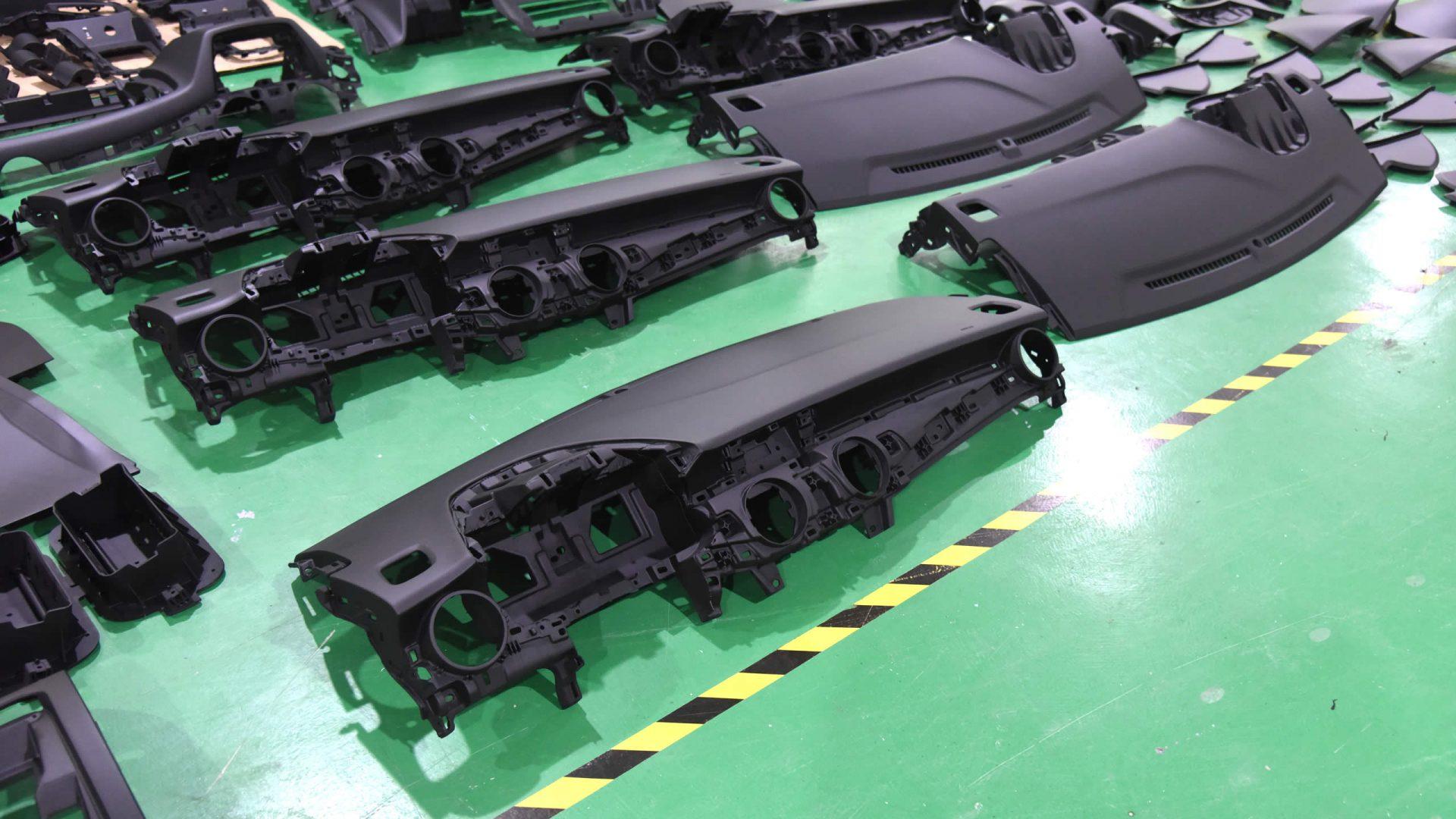
What is Reaction Moulding? Reaction Moulding is a type of moulding that induces a chemical reaction between 2 types of resin. It commonly produces products with a foam core, with the foam varying from soft and bouncy to rigid and strong. Reaction Injection Moulding (RIM) typically make larger, light but strong parts.
The basic process is that two resins, which are initially stored separately, are mixed in a chamber by an impinging mixer, which starts an exothermic chemical reaction. This mixture is then injected into a mould where the reaction continues to take place until it completely cures. The moulded parts usually have a self-forming skin on the outside of the part, encasing the foam core.
The liquid resins that are mixed can be almost any thermosetting plastic resins. You can also add in reinforcing materials like fibers to strengthen the part, which makes complex plastic, foam, fiber composites. Usually products are made from polyurethane resins, but some products use phenolics, nylon 6, polyester and epoxies. Once it’s moulded though, most reaction moulded products are not recyclable.
Reaction moulding traditionally has had a larger set up cost but lower tooling costs, compared to injection moulding. This is due to the specialized equipment to mix and sort resins. The tooling costs are lower as the tool doesn’t need to stand up to the elevated temperatures and pressures of injection moulding. Therefore, the production volume tends to be large as you can amortize the initial investment over a larger number of units sold.
Also, the cycle times of reaction moulded parts are slower than traditional injection moulding. This leads to few unit being produced each day, which in turn drives up costs as you end up paying for more labour. Typical wall thickness can vary, but most are 8mm or larger, which is unachievable in injection moulding.
If you’d like to learn more about Reaction Moulding or if you’re not sure if your parts need to be moulded, please don’t hesitate to contact us about a free 1-hour meeting.
Subscribe to Our Newsletter
Get the latest news from Dienamics into your inbox





